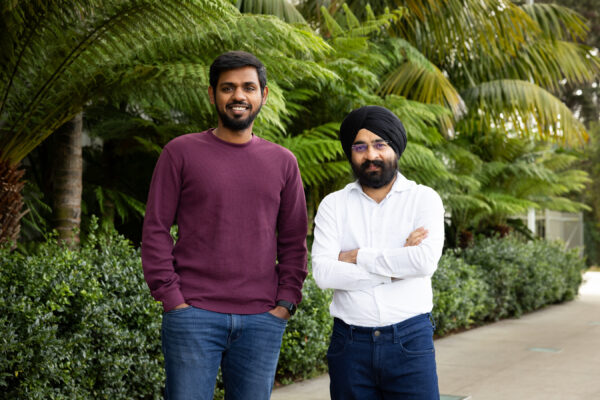In a move set to shape the next chapter of commercial spaceflight, Phantom Space Corporation has appointed veteran aerospace engineer and co-founder Chris Thompson as its new President, while he retains his role as Chief Technology Officer (CTO). The strategic leadership shift signals Phantom’s growing momentum in developing scalable, reliable, and cost-effective solutions in launch systems and orbital infrastructure.
Thompson’s promotion is more than a title change—it’s a calculated step as the company approaches critical milestones in 2025 and beyond. Phantom Space is preparing to launch test flights of its flagship Daytona rocket and ramp up development of the Phantom Cloud, an ambitious orbital data network envisioned to support everything from Earth observation to in-space commerce and defense.
“Chris Thompson’s proven track record in aerospace innovation and operational leadership makes him the ideal choice to propel Phantom Space into its next phase of growth,” said Phantom co-founder and CEO James Cantrell. “He’s one of the most accomplished rocket and space systems engineers in history.”
Thompson’s deep pedigree in aerospace makes that statement more than just admiration. With over 40 years in the industry, he’s held pivotal roles in some of the most transformative space companies in modern history. He contributed to the Delta II, III, and IV programs at McDonnell Douglas, led structural development for Falcon 1, Falcon 9, and the Dragon capsule at SpaceX—where he was a founding member—and later took on executive engineering roles at Virgin Orbit, focusing on LauncherOne.
At Phantom, Thompson’s dual leadership role will ensure tight integration between strategic operations and engineering execution. His mandate includes overseeing development of modular launch systems, applying AI to improve reliability and reduce mission costs, and managing expansion for both commercial and government clients.
“The chance to lead Phantom’s operations and technology development, while pushing the limits of what’s possible in space transportation and orbital infrastructure, is beyond motivating,” said Thompson. “I look forward to growing the Phantom team to deliver innovative solutions that expand humanity’s reach and capabilities in space.”
Editorial Analysis: A Strategic Inflection Point for Phantom and the Industry
Chris Thompson’s appointment comes at a defining moment for Phantom Space—and for the evolving commercial space sector itself. The global race toward scalable launch capabilities and orbital infrastructure is intensifying, and Phantom is positioning itself to be more than just a launch provider. By integrating transport with a data network—Phantom Cloud—the company is signaling its intent to become a vertically integrated space infrastructure platform.
This dual focus, blending propulsion and communications, gives Phantom a competitive edge in a market increasingly defined by the need for resilience, modularity, and real-time data exchange. The industry has seen surging interest from defense, telecom, and Earth observation sectors, all of which need more robust infrastructure in orbit.
Appointing someone like Thompson—who helped scale SpaceX from startup to industry leader—is a strong indicator that Phantom is serious about playing in that tier. His blend of technical mastery and executive leadership is rare in an industry where engineering complexity often clashes with operational scale.
Phantom’s approach to using modular rocket designs, AI-powered systems, and a networked orbital infrastructure could become a blueprint for the next generation of space enterprises. As the Daytona vehicle heads for test flights and Phantom Cloud matures, Thompson’s role will be crucial in delivering on timelines, reliability, and trust—especially for government contracts and national security customers.
In a rapidly changing landscape where launch costs are dropping and orbital demand is rising, Phantom Space is clearly making a bet: that the future of space will be defined by accessibility, flexibility, and integration. And they’ve just placed that bet in the hands of one of the most qualified leaders in aerospace.











